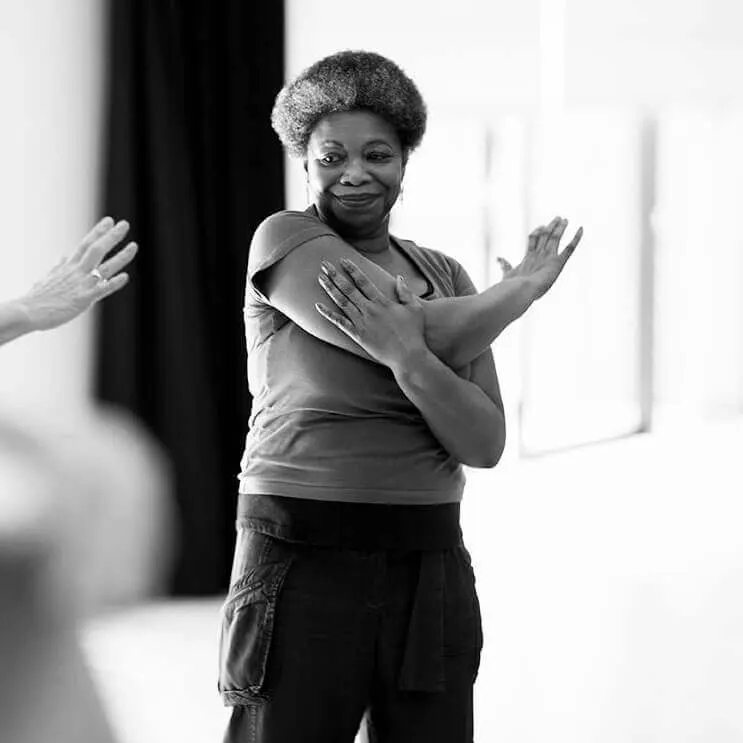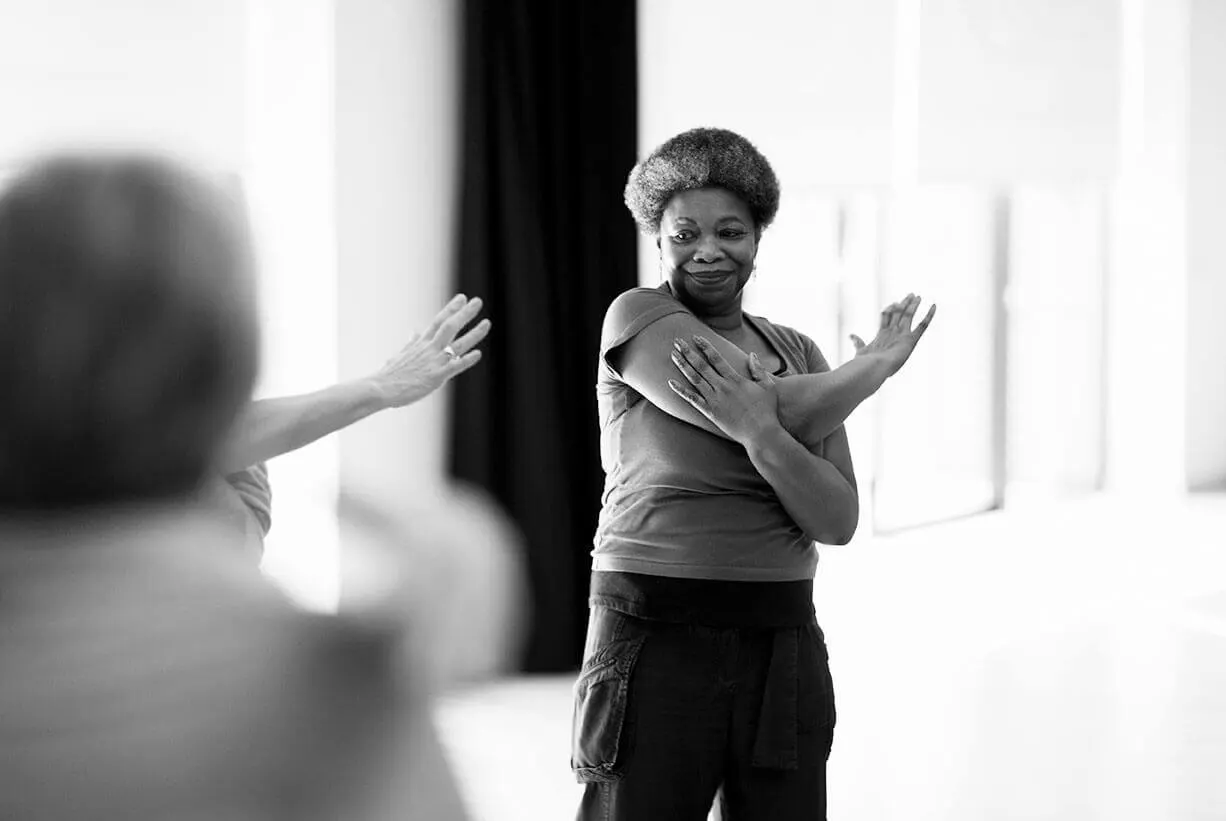Alzheimer’s Prevention - Keep Your Brain Healthy
You have the power to take charge of your brain health. Regardless of your age or background, there are simple steps you can take to help lower your risk of cognitive decline and Alzheimer’s disease.



Helping Put Your Brain Health In Your Hands
One of the challenges in Alzheimer’s disease is the lack of early detection. Too often people don’t seek help until they begin to notice Alzheimer’s symptoms in themselves or a loved one.
In recent years, research has shown that Alzheimer’s prevention is possible. The great news is that it is never too early or too late to make changes that can help prevent or delay dementia. By making adjustments to your daily routine, you can help improve and maintain a healthy brain. These changes can include eating a healthy diet, staying active by moving your body, and socializing with friends and family.
UsAgainstAlzheimer’s provides information and resources to help anyone seeking to take control of their cognitive health.

Eat Healthy Food

Limit Alcohol

Don’t Smoke

Keep Your Mind Active

Exercise and Stay Fit

Get Enough Sleep

Keep in Touch

Take Care of Common Health Problems
Is Alzheimer's Prevention Possible?
Alzheimer's disease is complicated, and while there are factors that fall outside of your control, the best strategy to delay or prevent cognitive decline is by making healthy lifestyle changes. Eat a healthy and balanced diet, maintain an active social life, stay physically fit, keep your mind active, have regular doctor checkups, and avoid smoking and excessive alcohol consumption.
Research is ongoing, but we know that there is evidence that suggests that all of these factors help in Alzheimer’s prevention. Making these lifestyle changes are also good for overall health which leads to better brain health.
Understanding the stages of Alzheimer’s disease will help you create a plan of action for you or your loved one so that you can find the support and local resources available and make informed decisions about an Alzheimer’s diagnosis.

Eat Healthy Food

Limit Alcohol

Don’t Smoke

Keep Your Mind Active

Exercise and Stay Fit

Get Enough Sleep

Keep in Touch

Take Care of Common Health Problems
Is Alzheimer's Prevention Possible?
Alzheimer's disease is complicated, and while there are factors that fall outside of your control, the best strategy to delay or prevent cognitive decline is by making healthy lifestyle changes. Eat a healthy and balanced diet, maintain an active social life, stay physically fit, keep your mind active, have regular doctor checkups, and avoid smoking and excessive alcohol consumption.
Research is ongoing, but we know that there is evidence that suggests that all of these factors help in Alzheimer’s prevention. Making these lifestyle changes are also good for overall health which leads to better brain health.
Understanding the stages of Alzheimer’s disease will help you create a plan of action for you or your loved one so that you can find the support and local resources available and make informed decisions about an Alzheimer’s diagnosis.



